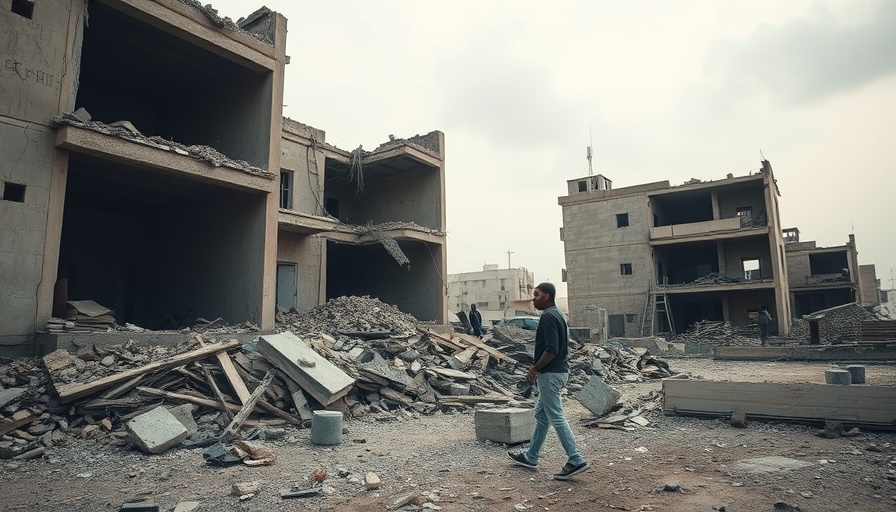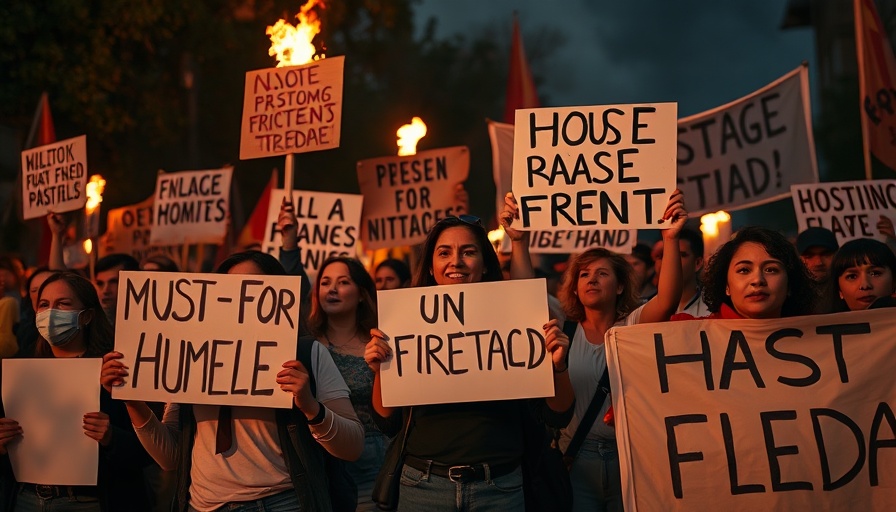
Ceasefire Hopes Dashed As Conflict Resumes
The recent announcement of a 30-hour "Easter truce" in Ukraine has ended, but both Ukraine and Russia report significant violations during the ceasefire period. Ukrainian President Volodymyr Zelensky claimed Russian forces breached the ceasefire nearly 3,000 times, asserting that such actions have exacerbated the ongoing conflict. Meanwhile, Russia's Defence Ministry alleged it successfully repelled numerous Ukrainian assaults.
Understanding the Stakes: A Background on the Conflict
For background, since the full-scale invasion on February 24, 2022, Russia has occupied about 20% of Ukrainian territory, including Crimea, annexed in 2014. The war has led to a staggering loss of life, with estimates indicating hundreds of thousands impacted, mostly soldiers. The recent truce was seen as a rare window of hope, but the renewed hostilities underscore the fragility of peace in the region.
International Response and Commentary
Adding to the complex landscape, U.S. President Donald Trump expressed optimism that both nations might reach a deal this week. However, his comments come amidst a backdrop of persistent military actions. Zelensky has proposed a temporary cessation of strikes on civilian infrastructure, mirroring Russia's offensives. The hope for tranquility rests on the commitment of both sides to genuinely uphold any future ceasefires.
The Future: Challenges Ahead
As fighting resumes, the implications for Ukrainian and Russian civilians remain grave. The potential for more casualties looms, highlighting the urgent need for diplomacy and negotiations to end hostilities. Both leaders appear to understand that ongoing violence will only deepen the humanitarian crisis.
This situation illustrates the complexities of international conflicts, where ceasefires offer brief respite but also serve as reminders of the broader struggles at play. The world watches as both sides navigate this challenging terrain, hoping for durable peace rather than temporary pauses in fighting.
 Add Row
Add Row  Add Element
Add Element 



Write A Comment